08 July 2013
A Nation of Sovereign Individuals with Unalienable Rights
Obama's 6 July radio address said that on 4 July 1776, a small band of men declared that we Americans were created equal and free to think and worship as we pleased. He said we were now a land of liberty and opportunity.
Obama did not say in what very limited manner we were equal because his agenda requires that to be vague. He did not note that while we are still free to think and worship as we please, we are very often not free to speak and write what we think or to act upon our beliefs, religious or not. He did not note that our liberties are constantly becoming fewer and that he wants them to become fewer. He did not say that he also wants to dictate the nature of our ever more limited opportunities and pick who will be given greater opportunity than others with manipulative government policies. He habitually defends unequal status before government as an honest effort to create equality among the People.
To understand how insulting this man's ideas and policies are to the sovereign rights of the individual, we really need a much better understanding of what our individual rights are than most people have. Indeed, even our founding fathers had an inadequate view of them, though I generally admire them for having understood the problem as well as they did in their time.
The Declaration of Independence, agreed upon on 2 July and published on 4 July 1776, wonderfully stated that "all Men are created equal, that they are endowed by their Creator with certain unalienable Rights, that among these are Life, Liberty, and the Pursuit of Happiness -- That to secure these Rights, Governments are instituted among Men, deriving their just Powers from the Consent of the Governed, that whenever any Form of Government becomes destructive of these Ends, it is the Right of the People to alter or to abolish it, and to institute new Government, laying its Foundation on such Principles, and organizing its Powers in such Form, as to them shall seem most likely to effect their Safety and Happiness."
Yes, I do not agree that our rights come from our "Creator", but they do derive as Ayn Rand observed from our nature. At that time, almost everyone assumed the nature of man had been determined by man's Creator and therefore the rights that derived from man's nature were endowed by man's Creator. This reference to our Creator is a big deal with many who are religious today and because they attribute many of their beliefs to the will of a god they know nothing about, there are unfortunate consequences to this. Despite this error, there are many really great insights in this quoted statement of the Declaration of Independence.
The statement firmly places sovereignty in the hands of the People, not with government. It clearly takes individual rights to be of a very broad nature. Note that it even implies rights beyond those of each individual to life, liberty, and the pursuit of their happiness with the word "among." At the time, most Americans believed in the individual right to life, liberty, and property. The substitution of pursuit of happiness for property was clearly a way of broadening the claim of individual rights. Of course, the pursuit of happiness implied a freedom to acquire and keep property. But, it also would imply such things as a freedom to choose one's own friends and domestic partners, to choose what books one would read, to choose a religion or not to choose one, to enter into trade with others of one's choosing for the purposes of one's choosing, to maintain the privacy one desires, and many more actions leading to any of the many means to and forms of happiness that individuals might choose. This is a clear statement of a very broad concept of individual rights.
These rights are unalienable. The existence of a government does not diminish these rights. These rights are always sovereign in the individual. These rights are not given to the individual by the government. No, the government is only legitimate and able to claim a reason for its very existence to the extent that the government serves faithfully and well to protect these unalienable rights sovereign in the individual. The government is the servant of individual rights and when it fails to protect them as a matter of principle, the sovereign individuals will reform and reorganize government by their right so that it does follow principles to protect their individual sovereign rights.
These are powerful, well-stated principles that are manifestly ignored and/or misunderstood by the Progressive Elitists who dominate most academic viewpoints on the role of government today. This American principle of highly limited government with a legitimacy limited to its protection of individual rights held unalienably by sovereign individuals is unheard in academia, most media, and from most politicians. The People, long educated in government-run and dominated schools, no longer have a clear concept of their sovereignty, of their broad rights, and of their equally unalienable claim to these rights. Individuals are obviously unequal in most respects, but in the context of government, the most essential way in which they are equal is with respect to their equal and sovereign individual rights. To give some people favored status by law is to abrogate this one critical respect in which we are equal before the law. Those who most claim to believe in equality in the present political arena are most likely to destroy the most important sense in which we are equal. For all of his talk promoting equality, the Progressive Elitist today believes in neither equal rights nor even one-man, one-vote.
The sovereignty of the individual is re-affirmed in the Preamble of the Constitution. The statement of the highly limited powers of government issues from the sovereignty of the individuals who constitute that government. The government is formed only to serve their needs by protecting their liberties and their general welfare. This reference to general welfare is now often used in an out-of-context manner to support the welfare state and a massive redistribution of wealth. This could not be further from the intention of the time. No, then the general welfare implied government actions beneficial to everyone, not a bare majority or some special interest as it means today. Securing individual rights would provide peace and tranquility, justice, and the general welfare for everyone. No other government purpose can do this. Other government actions will most likely be unjust to many, require threats of violence upon many, and will harm the interests of many.
The 9th Amendment of the Bill of Rights makes a clear statement that the rights of the individual are broad and are indeed unalienable. They are not to be denied or disparaged by the government. It is no small infraction of the principle of legitimate government that our government has long ignored this amendment and overtly claimed it to be meaningless. Indeed, the Supreme Court has actually claimed that the government is sovereign, which it most manifestly is not. Were this the case, then there would be no means by which a legitimate government could be formed and judged. There would be no possible basis for overthrowing it when it became tyrannical and inimical to the rights of the individual. Such a government would be inconsistent with both the Declaration of Independence and the Constitution. Indeed, a sovereign government, rather than a government serving to protect the rights of sovereign individuals, is inconceivable in a human-centered morality in which individuals think and act as individuals for the purpose of preserving their lives, flourishing in liberty, and pursuing their own happiness.
This enlightenment and early American view of sovereign individual rights and very limited government legitimately protecting individual rights is very much at odds with the loose and hoary notions of government and rights held by Obama, the Progressive Elitists, and other advocates of big government today. They assume that it is the purpose of government to grant individuals such rights as it may choose to give them. They assume that government is supposed to hurt the interests of many for the purpose of helping some who are incompetent in living their lives. They believe it is just and moral to propagate innumerable laws and regulations limiting our individual freedoms, even as each mandate is enforced by the threat of violence should anyone stand upon their individual rights. No peace and tranquility are possible as faction upon faction, special interest upon special interest, and even race upon race, battle for control of the brutal power of government. It is clear that by the criteria of our own Declaration of Independence, our government today is illegitimate.
The rational American does not celebrate the federal government on the 4th of July. He celebrates the American Principle set forth by the Declaration of Independence and implemented in the Constitution by the mandate of American individuals. The American Principle states that the individual is sovereign and each individual has equal and broad rights to life, liberty, and the pursuit of happiness. It states that the only legitimate purpose of government is the protection of the unalienable rights of the individual. Due to this very limited function, government has and can claim but few powers. The sovereign individual retains his sovereignty with respect to the freedom to exercise his rights, while government is entirely his servant devoted to the sole task of protecting the rights of each and every individual American. By adherence to this dedicated purpose, good government harms no one and never initiates the use of force against anyone.
Obama did not say in what very limited manner we were equal because his agenda requires that to be vague. He did not note that while we are still free to think and worship as we please, we are very often not free to speak and write what we think or to act upon our beliefs, religious or not. He did not note that our liberties are constantly becoming fewer and that he wants them to become fewer. He did not say that he also wants to dictate the nature of our ever more limited opportunities and pick who will be given greater opportunity than others with manipulative government policies. He habitually defends unequal status before government as an honest effort to create equality among the People.
To understand how insulting this man's ideas and policies are to the sovereign rights of the individual, we really need a much better understanding of what our individual rights are than most people have. Indeed, even our founding fathers had an inadequate view of them, though I generally admire them for having understood the problem as well as they did in their time.
The Declaration of Independence, agreed upon on 2 July and published on 4 July 1776, wonderfully stated that "all Men are created equal, that they are endowed by their Creator with certain unalienable Rights, that among these are Life, Liberty, and the Pursuit of Happiness -- That to secure these Rights, Governments are instituted among Men, deriving their just Powers from the Consent of the Governed, that whenever any Form of Government becomes destructive of these Ends, it is the Right of the People to alter or to abolish it, and to institute new Government, laying its Foundation on such Principles, and organizing its Powers in such Form, as to them shall seem most likely to effect their Safety and Happiness."
Yes, I do not agree that our rights come from our "Creator", but they do derive as Ayn Rand observed from our nature. At that time, almost everyone assumed the nature of man had been determined by man's Creator and therefore the rights that derived from man's nature were endowed by man's Creator. This reference to our Creator is a big deal with many who are religious today and because they attribute many of their beliefs to the will of a god they know nothing about, there are unfortunate consequences to this. Despite this error, there are many really great insights in this quoted statement of the Declaration of Independence.
The statement firmly places sovereignty in the hands of the People, not with government. It clearly takes individual rights to be of a very broad nature. Note that it even implies rights beyond those of each individual to life, liberty, and the pursuit of their happiness with the word "among." At the time, most Americans believed in the individual right to life, liberty, and property. The substitution of pursuit of happiness for property was clearly a way of broadening the claim of individual rights. Of course, the pursuit of happiness implied a freedom to acquire and keep property. But, it also would imply such things as a freedom to choose one's own friends and domestic partners, to choose what books one would read, to choose a religion or not to choose one, to enter into trade with others of one's choosing for the purposes of one's choosing, to maintain the privacy one desires, and many more actions leading to any of the many means to and forms of happiness that individuals might choose. This is a clear statement of a very broad concept of individual rights.
These rights are unalienable. The existence of a government does not diminish these rights. These rights are always sovereign in the individual. These rights are not given to the individual by the government. No, the government is only legitimate and able to claim a reason for its very existence to the extent that the government serves faithfully and well to protect these unalienable rights sovereign in the individual. The government is the servant of individual rights and when it fails to protect them as a matter of principle, the sovereign individuals will reform and reorganize government by their right so that it does follow principles to protect their individual sovereign rights.
These are powerful, well-stated principles that are manifestly ignored and/or misunderstood by the Progressive Elitists who dominate most academic viewpoints on the role of government today. This American principle of highly limited government with a legitimacy limited to its protection of individual rights held unalienably by sovereign individuals is unheard in academia, most media, and from most politicians. The People, long educated in government-run and dominated schools, no longer have a clear concept of their sovereignty, of their broad rights, and of their equally unalienable claim to these rights. Individuals are obviously unequal in most respects, but in the context of government, the most essential way in which they are equal is with respect to their equal and sovereign individual rights. To give some people favored status by law is to abrogate this one critical respect in which we are equal before the law. Those who most claim to believe in equality in the present political arena are most likely to destroy the most important sense in which we are equal. For all of his talk promoting equality, the Progressive Elitist today believes in neither equal rights nor even one-man, one-vote.
The sovereignty of the individual is re-affirmed in the Preamble of the Constitution. The statement of the highly limited powers of government issues from the sovereignty of the individuals who constitute that government. The government is formed only to serve their needs by protecting their liberties and their general welfare. This reference to general welfare is now often used in an out-of-context manner to support the welfare state and a massive redistribution of wealth. This could not be further from the intention of the time. No, then the general welfare implied government actions beneficial to everyone, not a bare majority or some special interest as it means today. Securing individual rights would provide peace and tranquility, justice, and the general welfare for everyone. No other government purpose can do this. Other government actions will most likely be unjust to many, require threats of violence upon many, and will harm the interests of many.
The 9th Amendment of the Bill of Rights makes a clear statement that the rights of the individual are broad and are indeed unalienable. They are not to be denied or disparaged by the government. It is no small infraction of the principle of legitimate government that our government has long ignored this amendment and overtly claimed it to be meaningless. Indeed, the Supreme Court has actually claimed that the government is sovereign, which it most manifestly is not. Were this the case, then there would be no means by which a legitimate government could be formed and judged. There would be no possible basis for overthrowing it when it became tyrannical and inimical to the rights of the individual. Such a government would be inconsistent with both the Declaration of Independence and the Constitution. Indeed, a sovereign government, rather than a government serving to protect the rights of sovereign individuals, is inconceivable in a human-centered morality in which individuals think and act as individuals for the purpose of preserving their lives, flourishing in liberty, and pursuing their own happiness.
This enlightenment and early American view of sovereign individual rights and very limited government legitimately protecting individual rights is very much at odds with the loose and hoary notions of government and rights held by Obama, the Progressive Elitists, and other advocates of big government today. They assume that it is the purpose of government to grant individuals such rights as it may choose to give them. They assume that government is supposed to hurt the interests of many for the purpose of helping some who are incompetent in living their lives. They believe it is just and moral to propagate innumerable laws and regulations limiting our individual freedoms, even as each mandate is enforced by the threat of violence should anyone stand upon their individual rights. No peace and tranquility are possible as faction upon faction, special interest upon special interest, and even race upon race, battle for control of the brutal power of government. It is clear that by the criteria of our own Declaration of Independence, our government today is illegitimate.
The rational American does not celebrate the federal government on the 4th of July. He celebrates the American Principle set forth by the Declaration of Independence and implemented in the Constitution by the mandate of American individuals. The American Principle states that the individual is sovereign and each individual has equal and broad rights to life, liberty, and the pursuit of happiness. It states that the only legitimate purpose of government is the protection of the unalienable rights of the individual. Due to this very limited function, government has and can claim but few powers. The sovereign individual retains his sovereignty with respect to the freedom to exercise his rights, while government is entirely his servant devoted to the sole task of protecting the rights of each and every individual American. By adherence to this dedicated purpose, good government harms no one and never initiates the use of force against anyone.
Subscribe to:
Post Comments (Atom)












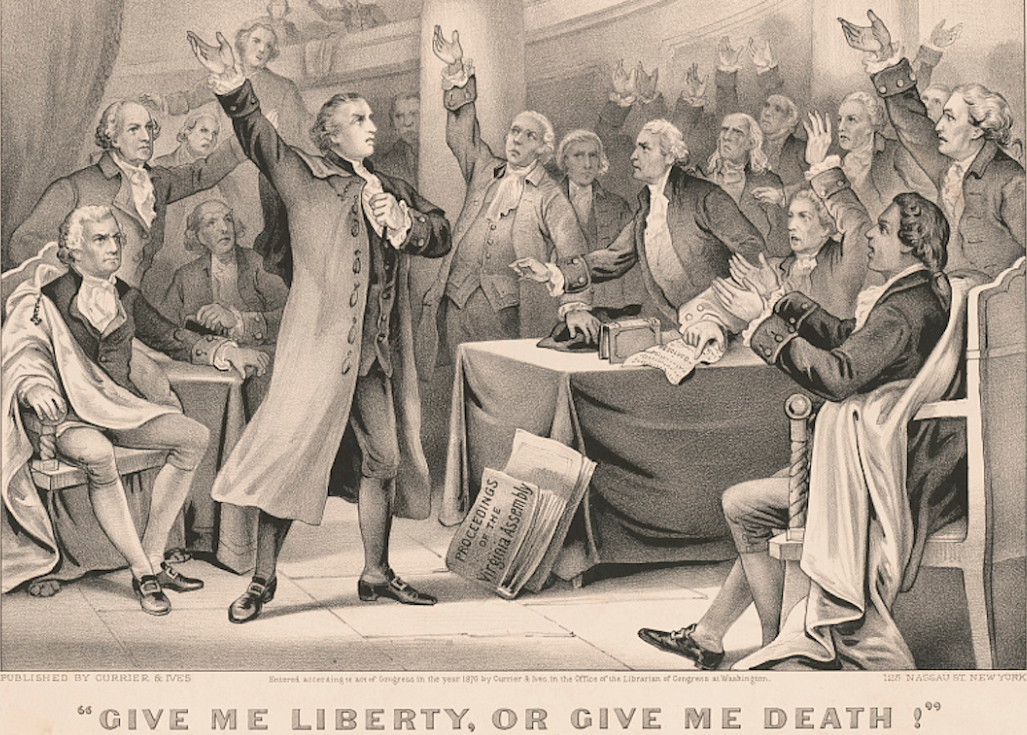
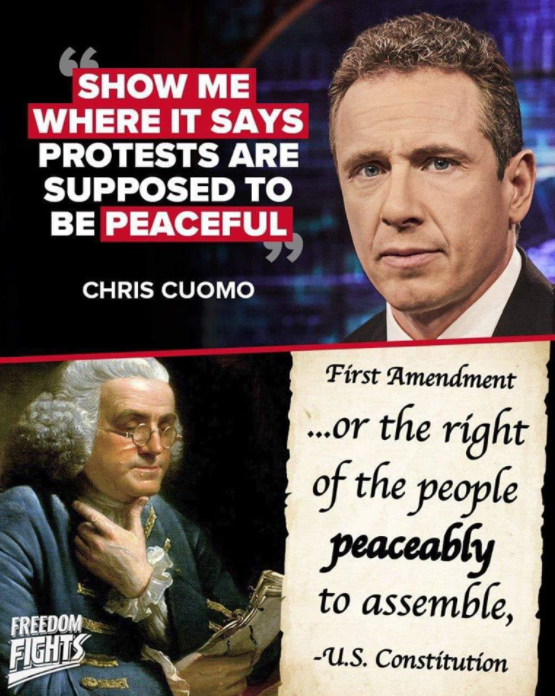
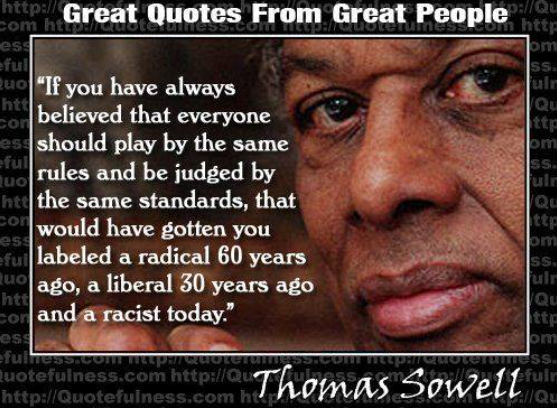
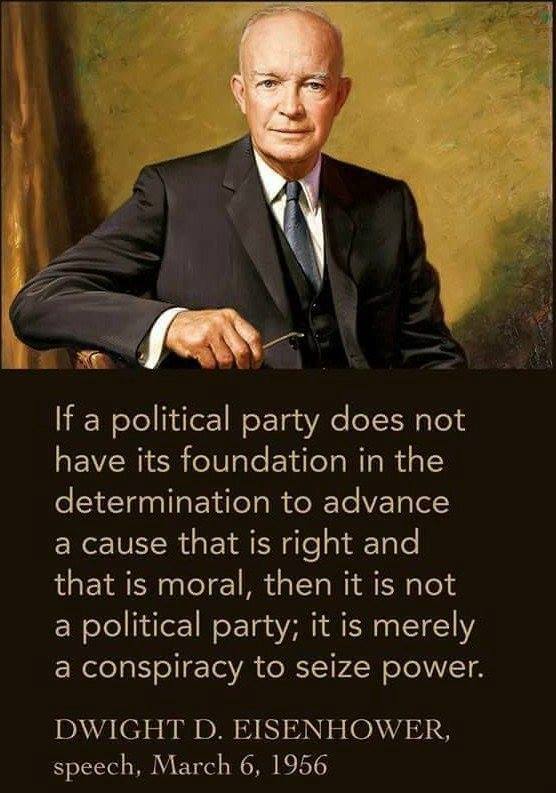




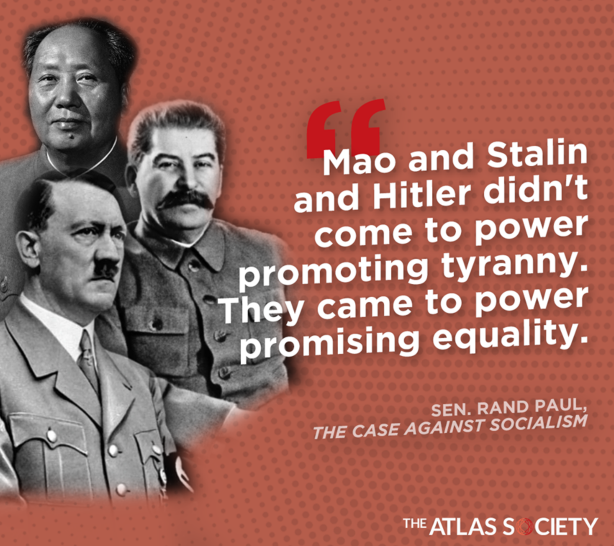
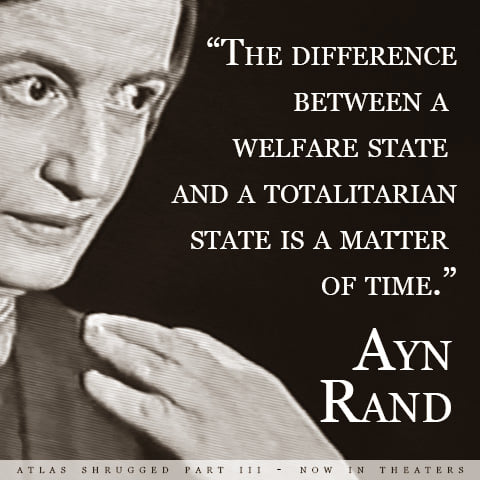

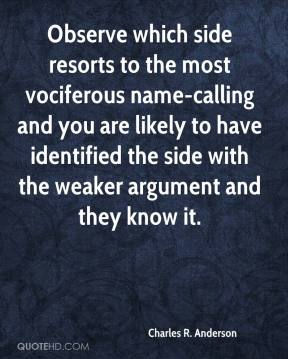
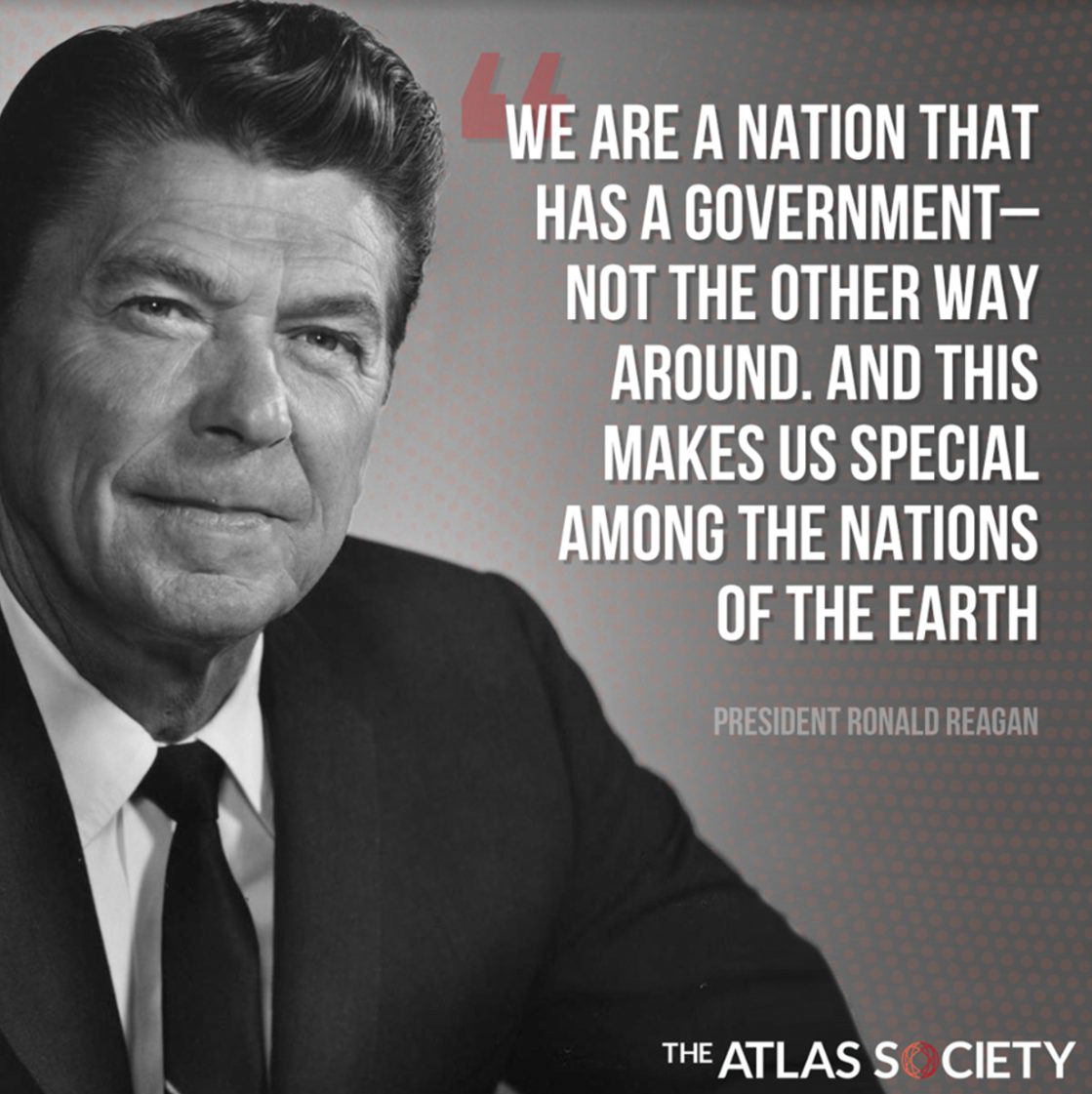




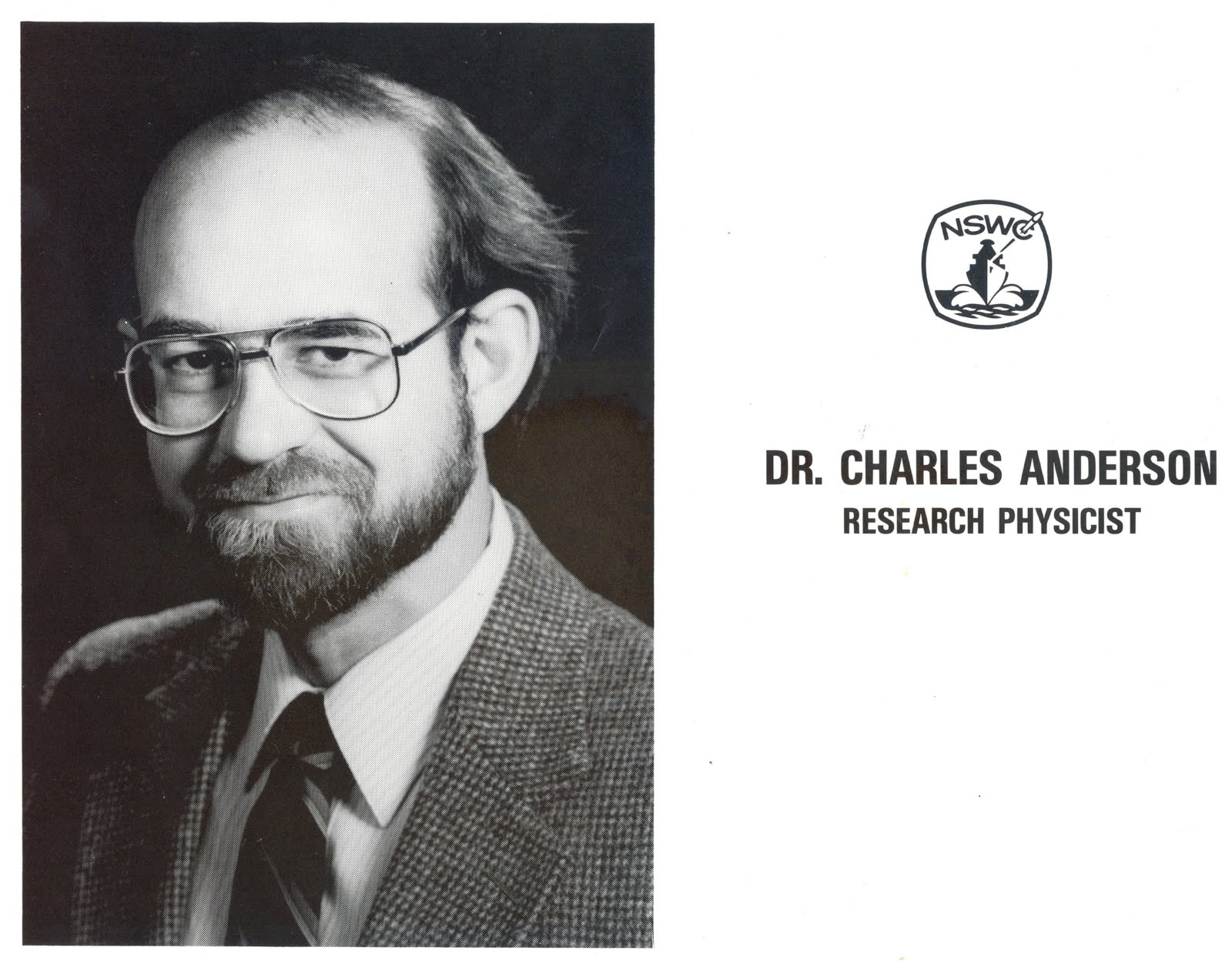

































No comments:
Post a Comment